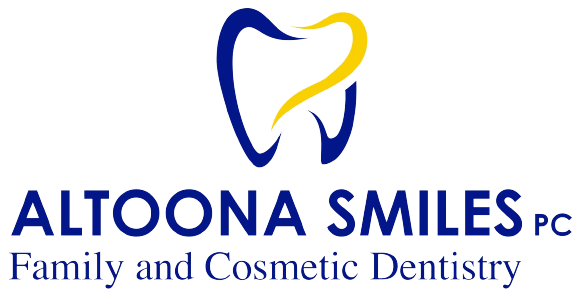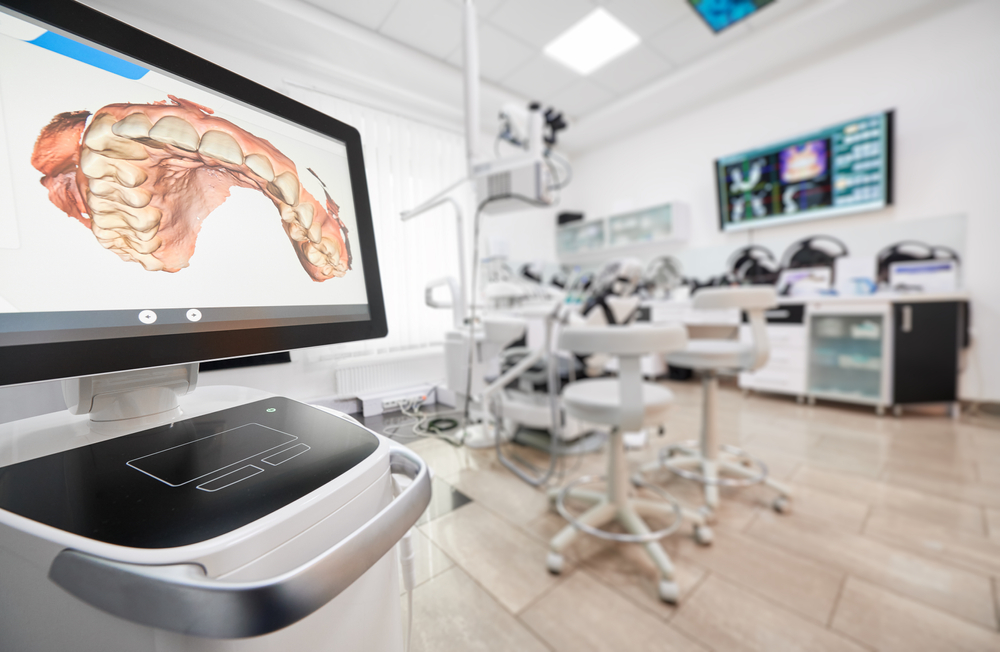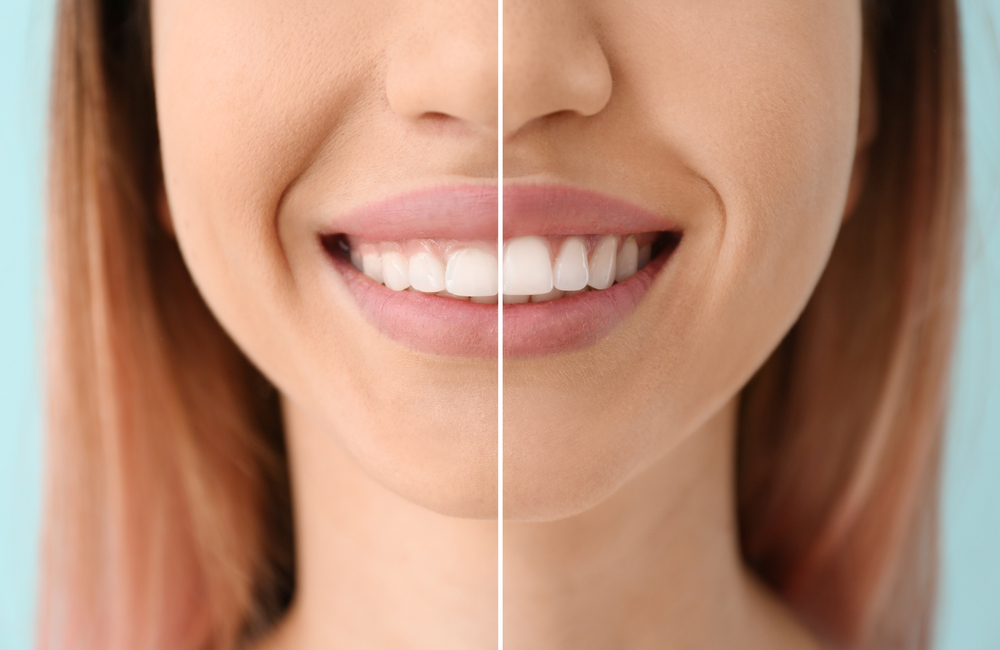Pregnancy is an exciting and transformative time in a woman’s life, bringing about many changes, both physically and emotionally. Amidst all the preparations and anticipations, maintaining good oral health often takes a back seat. However, the hormonal changes and dietary adjustments that accompany pregnancy can significantly impact dental health, leading to issues such as gingivitis, cavities, and even more severe complications if left untreated. This blog aims to highlight the importance of oral health during pregnancy, providing valuable insights and practical tips to help expectant mothers navigate this crucial aspect of prenatal care.
In This Blog:
- How Oral Health is Affected During Pregnancy
- How Poor Oral Health Can Affect Pregnancy
- Oral Health Tips for Pregnant Women
How Oral Health is Affected During Pregnancy
Pregnancy is a period of significant physiological changes, many of which can directly impact oral health. Understanding these changes is crucial for expectant mothers to maintain good dental hygiene and prevent potential complications.
Hormonal Changes
The surge in hormones, particularly estrogen and progesterone, during pregnancy can increase blood flow to the gums, making them more sensitive, swollen, and prone to bleeding. This condition, known as pregnancy gingivitis, is common and can begin as early as the second month of pregnancy. If left untreated, gingivitis can progress to more serious periodontal disease, posing risks to both mother and baby.
Morning Sickness
Morning sickness, characterized by frequent nausea and vomiting, affects many pregnant women, particularly in the first trimester. The stomach acid from vomiting can erode tooth enamel, increasing the risk of decay and sensitivity. To mitigate this, it’s recommended to rinse the mouth with water or a fluoride mouthwash after vomiting, rather than brushing immediately, which can further damage softened enamel.
Dietary Changes and Cravings
Pregnancy often brings changes in diet and an increase in cravings for sugary or carbohydrate-rich foods. These dietary shifts can contribute to an increased risk of cavities. Frequent snacking, combined with reduced attention to oral hygiene due to nausea or fatigue, can create an environment conducive to tooth decay.
Increased Risk of Cavities
The combination of altered eating habits, increased acid exposure from morning sickness, and hormonal changes can lead to a higher risk of cavities during pregnancy. It’s essential to maintain a diligent oral hygiene routine, including regular brushing with fluoride toothpaste and daily flossing, to combat these risks.
Pregnancy Tumors (Pyogenic Granuloma)
Some pregnant women may develop small, benign growths on their gums known as pregnancy tumors or pyogenic granulomas. These growths, which can bleed easily and cause discomfort, are typically related to hormonal changes and increased inflammation. While they often resolve on their own after childbirth, maintaining good oral hygiene can help minimize their occurrence and discomfort.
Dry Mouth and Increased Saliva
Pregnancy can also lead to changes in saliva production. Some women may experience dry mouth, which can increase the risk of tooth decay and gum disease due to reduced saliva flow that normally helps wash away food particles and neutralize acids. Conversely, some women may experience excessive saliva production, which can also be uncomfortable.
Understanding how pregnancy affects oral health allows expectant mothers to take proactive steps in maintaining their dental hygiene. Regular dental check-ups, proper oral care routines, and a healthy diet are essential components of managing these changes effectively and ensuring both maternal and fetal health.
How Poor Oral Health Can Affect Pregnancy
Maintaining good oral health is crucial during pregnancy, as poor dental hygiene can have significant adverse effects on both the mother and the developing baby. Neglecting oral health can lead to serious complications that underscore the importance of regular dental care and proactive oral hygiene practices.
Increased Risk of Preterm Birth
Severe gum disease (periodontitis) has been linked to an increased risk of preterm birth. The inflammation and bacteria associated with periodontitis can enter the bloodstream, potentially triggering premature labor. Babies born prematurely are at higher risk for a range of health issues, including respiratory problems, developmental delays, and infections.
Low Birth Weight
Poor oral health, particularly periodontitis, is also associated with delivering babies with low birth weight. The systemic inflammation caused by oral infections can affect fetal growth and development. Babies with low birth weight are more susceptible to health problems both immediately after birth and later in life, including chronic conditions like diabetes and heart disease.
Preeclampsia
There is evidence to suggest that poor oral health may contribute to the development of preeclampsia, a serious pregnancy complication characterized by high blood pressure and damage to other organ systems. Inflammation and infection in the gums can increase systemic inflammation, potentially influencing the onset of preeclampsia.
Pregnancy Complications
Untreated dental issues such as cavities and infections can lead to broader health problems that complicate pregnancy. For example, untreated cavities can become abscessed, leading to systemic infections that require medical intervention. Additionally, the pain and discomfort from dental issues can impact overall health and quality of life during pregnancy.
Gestational Diabetes
Some studies suggest a potential link between poor oral health and the development of gestational diabetes. The inflammation from gum disease may affect the body’s ability to regulate blood sugar, contributing to the onset of gestational diabetes. This condition can increase the risk of complications during pregnancy and delivery and may also impact the long-term health of both mother and child.
Impact on Fetal Development
The bacteria associated with periodontal disease can enter the bloodstream and cross the placental barrier, potentially affecting fetal development. This bacterial transfer can lead to adverse outcomes, such as fetal growth restriction and other developmental issues.
Importance of Early Detection and Treatment
Early detection and treatment of oral health issues are critical to preventing these complications. Regular dental check-ups and maintaining a rigorous oral hygiene routine can help identify and address problems before they escalate. Dentists can provide personalized advice and treatment plans to ensure both mother and baby remain healthy.
Understanding the potential impacts of poor oral health on pregnancy emphasizes the need for vigilant dental care. By prioritizing oral hygiene and seeking regular dental evaluations, expectant mothers can protect themselves and their babies, ensuring a healthier and safer pregnancy.
Oral Health Tips for Pregnant Women
Maintaining good oral health during pregnancy is essential for the well-being of both the mother and the developing baby. Here are some practical tips to help expectant mothers keep their teeth and gums healthy throughout their pregnancy.
Maintain a Consistent Oral Hygiene Routine
- Brushing: Brush your teeth at least twice a day with fluoride toothpaste. Use a soft-bristled toothbrush to avoid irritating your gums, which can be more sensitive during pregnancy. Brush for at least two minutes each time to ensure thorough cleaning.
- Flossing: Floss daily to remove plaque and food particles from between your teeth and along the gumline. This helps prevent gum disease and cavities, which can be more common during pregnancy.
- Mouthwash: Use an alcohol-free, fluoride mouthwash to help reduce plaque and strengthen your teeth. Mouthwash can also help keep your breath fresh and combat dry mouth.
Manage Morning Sickness
- Rinsing After Vomiting: If you experience morning sickness, rinse your mouth with water or a mixture of water and baking soda (one teaspoon of baking soda in a cup of water) after vomiting. This helps neutralize stomach acid and protect your teeth from erosion.
- Delayed Brushing: Avoid brushing your teeth immediately after vomiting. The stomach acid can soften your tooth enamel, and brushing right away can cause damage. Wait at least 30 minutes before brushing.
Eat a Balanced Diet
- Nutrient-Rich Foods: Consume a balanced diet rich in essential nutrients for oral health. Foods high in calcium (like dairy products, leafy greens, and fortified foods), vitamin D (such as fatty fish and fortified foods), and phosphorus (found in meat, eggs, and dairy) help strengthen teeth and bones.
- Healthy Snacking: Opt for tooth-friendly snacks such as fresh fruits, vegetables, nuts, and dairy products. These foods help stimulate saliva production, which naturally cleanses the mouth and neutralizes acids.
- Limit Sugary and Acidic Foods: Reduce your intake of sugary and acidic foods and beverages, which can increase the risk of tooth decay and enamel erosion. If you do consume these items, rinse your mouth with water afterward and wait 30 minutes before brushing.
Stay Hydrated
- Drinking Water: Drink plenty of water throughout the day to stay hydrated and help maintain a healthy saliva flow. Water also helps rinse away food particles and bacteria from your teeth and gums.
- Combat Dry Mouth: Chew sugar-free gum or suck on sugar-free candies to stimulate saliva production and prevent dry mouth, which can increase the risk of dental problems.
Schedule Regular Dental Check-Ups
- Inform Your Dentist: Let your dentist know that you are pregnant. This information allows them to tailor your dental care and take necessary precautions during treatments.
- Routine Cleanings and Exams: Continue to schedule regular dental check-ups and cleanings during your pregnancy. Professional cleanings help remove plaque and tartar buildup, and exams can identify any potential issues early on.
- Safe Timing for Procedures: The second trimester is generally the best time for routine dental procedures. Non-emergency treatments are often postponed until after delivery, but necessary dental work should not be delayed to avoid complications.
Use Safe Dental Products
- Toothpaste and Mouthwash: Choose fluoride toothpaste and alcohol-free mouthwash to protect your teeth and gums without exposing yourself to unnecessary chemicals.
- Gentle Oral Care Tools: Use a soft-bristled toothbrush and gentle floss to avoid irritating your sensitive gums.
By following these tips, pregnant women can maintain excellent oral health, reducing the risk of dental problems and contributing to a healthier pregnancy. Regular dental care, a balanced diet, and consistent oral hygiene practices are key to keeping both mother and baby healthy.
Conclusion
As you navigate the exciting and transformative journey of pregnancy, it’s important not to overlook the critical role that oral health plays in your overall well-being. Hormonal changes and dietary adjustments during pregnancy can significantly impact your dental health, leading to potential issues like gingivitis, cavities, and other complications if left unchecked. By understanding these changes and implementing effective oral hygiene practices, you can protect your smile and contribute to a healthier pregnancy for both you and your baby. Prioritizing dental care, seeking regular check-ups, and following the practical tips provided in this blog will help ensure that you maintain a healthy mouth throughout this special time. Remember, a healthy smile is an integral part of a healthy pregnancy.







